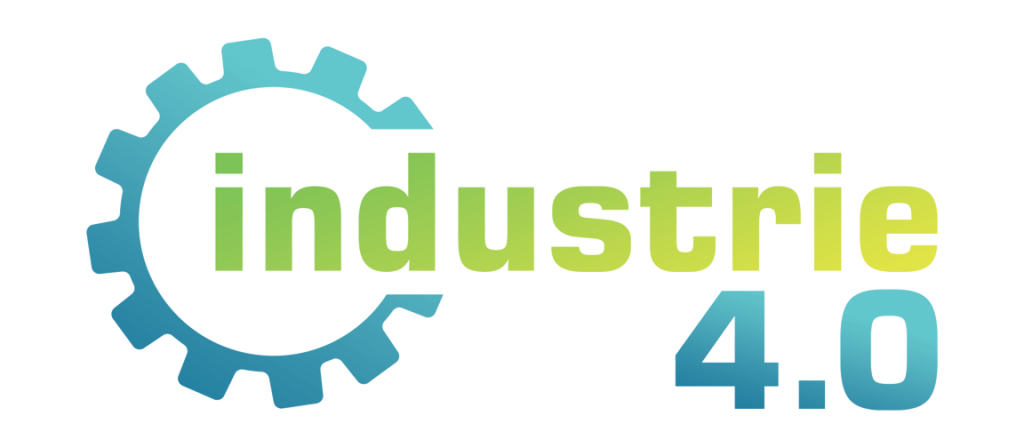In order to take advantage of the new Fourth Industrial Revolution and keep up with other EU Member States Lithuania also takes actions at national level. To ensure the most effective use of new technologies and taking into account the opportunities offered by digitalization, the Ministry of Economy of the Republic of Lithuania in cooperation with business associations, industry and the academia have prepared and submitted to the Government a resolution concerning the establishment of the National Industrial Competitiveness Commission ‘Industry 4.0’ (the Industrial Competitiveness Commission).
On 10 May 2017, the Government approved this Commission and confirmed its composition as well as the President. The Industrial Competitiveness Commission is the basis for the functioning of the established National Industry Digitalisation Platform ‘Industry 4.0’ (the National Platform ‘Industry 4.0’), which is steered and led by the Minister of Economy, and for the development of the industrial digitalization initiative in Lithuania.
The main objectives of the established National Platform ‘Industry 4.0’ in Lithuania are focused on increasing and strengthening the Lithuanian competitiveness and the productivity of industry as well as on promoting industry in the integration of digital solutions and new technologies.
Furthermore, National Platform ‘Industry 4.0’ will serve as the main venue for the dialogue between the industry, public authorities and the academic community to find the most efficient solutions for the digitalization of industry at national level. In addition, it will help ensure timely involvement in the processes of the Fourth Industrial Revolution.
We hope that our National Platform ‘Industry 4.0’ can be part of the network of national initiatives at European level.
Thematic working groups and Coordination group
To ensure the proper functioning of the National Platform ‘Industry 4.0‘ Lithuania established thematic working groups to address current challenges and look at future-related issues in the areas of standardization and legal regulation, the innovation ecosystem, cyber security, education and social affairs. One more body of the National Platform ‘Industry 4.0’ set up together with thematic working groups is the Coordination Group of National Industrial Competitiveness Commission ‘Industry 4.0’ (the Coordination Group).
The Coordination Group includes representatives of ministries, associations, scientific community and other stakeholders. The main tasks of the Coordination Group is to discuss and analyze the information provided by thematic working groups and make proposals to the Industrial Competitiveness Commission. The Coordination Group coordinates the activities of thematic working groups.
Digital Innovation Hub
Another specific action of the Digitizing European Industry Strategy, implemented in Lithuania – is the establishment of a Digital innovation hub. The Hub mission is to help companies, notably SMEs and non-tech industry, in Lithuania to become more competitive by improving their business and production processes as well as products and services by means of digital technologies. Furthermore, the Digital Innovation Hub also plays an important role for the assessment of the digital skills needed and their application in companies and it becomes an important tool for digital transformation. To implement this action successfully, the Ministry of Economy cooperates with industry associations, academia and the companies that have already integrated such technologies as Big Data, Cloud computing, IoT, Robotics, Autonomous systems in their activities and can share their experience about the integration of digital innovations as an essential part of value creation in their business strategies with the others. The Digital Innovation hub in Lithuania also aims to become part of a network of Digital Innovations Hubs and help ensure that any business in Europe could have access to a Digital Innovation Hub at ‘a working distance’.


